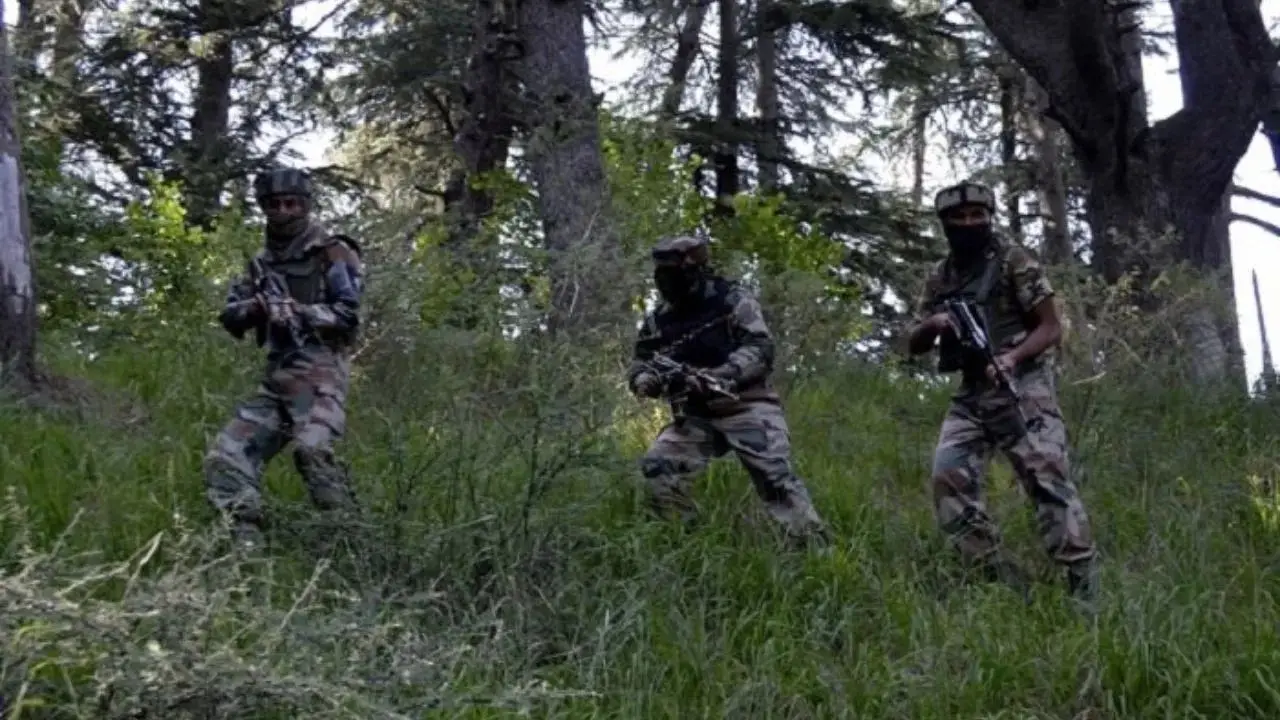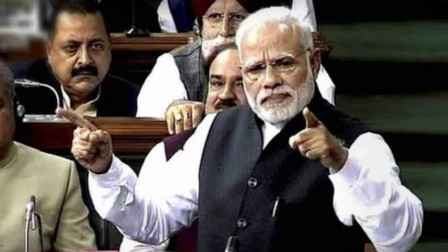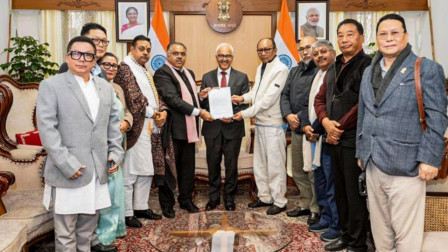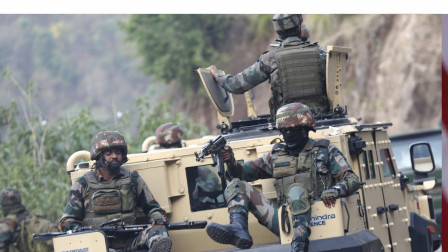
Udhampur Encounter (file )
Escalating Tensions Along the LoC
Pakistan breached the ceasefire along the Line of Control (LoC) for the ninth consecutive day, intensifying hostilities amid the fallout from the April 22 Pahalgam terror attack that killed 26 civilians. The unprovoked firing, involving small arms and mortars, targeted Indian posts in Kupwara, Baramulla, Poonch, Naushera, and Akhnoor sectors of Jammu and Kashmir. The Indian Army responded with a calibrated yet forceful retaliation, targeting Pakistani positions and reaffirming its resolve to counter aggression. This sustained violation signals Pakistan’s attempt to escalate tensions, prompting India to maintain heightened vigilance.
India’s Robust Countermeasures
The Indian Army, supported by advanced surveillance like drones and thermal imaging, has bolstered its LoC deployments. Over 10,000 troops, backed by artillery units, are stationed to thwart infiltration attempts. The Border Security Force has also intensified patrolling along the International Border. Defence Minister Rajnath Singh, reviewing the situation, emphasized zero tolerance for ceasefire violations. India’s diplomatic offensive, including suspending the Indus Water Treaty and downgrading ties with Pakistan, complements its military stance.
Global and Regional Implications
The international community, including the U.S. and UN, has urged de-escalation, while India pushes for Pakistan’s accountability at global forums like the FATF. The violations risk further straining India-Pakistan relations, already at a low post-Pahalgam. As the Indian Army remains on high alert, its strong response underscores a commitment to national security, deterring Pakistan’s provocations while safeguarding the volatile border region.








Copyright © 2026 Top Indian News
